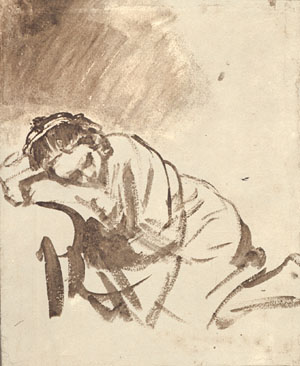yanidel
Well-known
I bought a book this weekend called "Paris my love". The title is definitely not as good as the pictures but I enjoyed it so much that I flipped through it in 2 hours. The book is mainly made of pictures of last century's best "Doisneau, HCB, Capa, S. Weiss, Plossu ..." from early 1900's to 2000. The main impression that it left on me was the difference in sharpness between pictures from approximatively the pre-60's and the ones afterwards. I also found to like much more "unsharp" imperfect images than the most recent ones, independant of subject. Even in terms of grain ... it was so strong on some of them that ISO2500 on the Leica M8 looks minimal in comparison...😉 yet the pictures were amazing.
So, to get to the point and given that many lenses reviews/forum threads focus on resolution, noise and sharpness (asph vs pre-asph, film vs digital....), haven't we just fallen in a technology and marketing trap ? Stated in another way :
Do pictures imperfections result more stimulative to the human eye and mind as a generality and independantly of the subject ?
Or contrarly, these imperfections are an inherent part of pre-60's photography and we associate it inconsciously to the postulate : unsharp = old times = interesting times (to sum up "good old times") ?
So, to get to the point and given that many lenses reviews/forum threads focus on resolution, noise and sharpness (asph vs pre-asph, film vs digital....), haven't we just fallen in a technology and marketing trap ? Stated in another way :
Do pictures imperfections result more stimulative to the human eye and mind as a generality and independantly of the subject ?
Or contrarly, these imperfections are an inherent part of pre-60's photography and we associate it inconsciously to the postulate : unsharp = old times = interesting times (to sum up "good old times") ?


